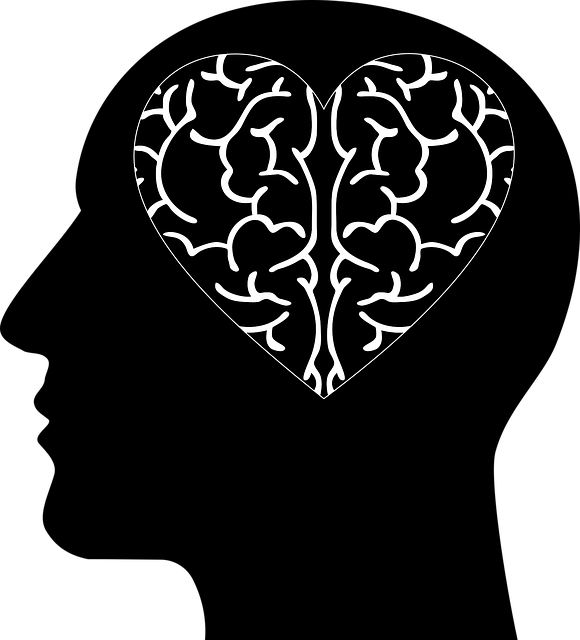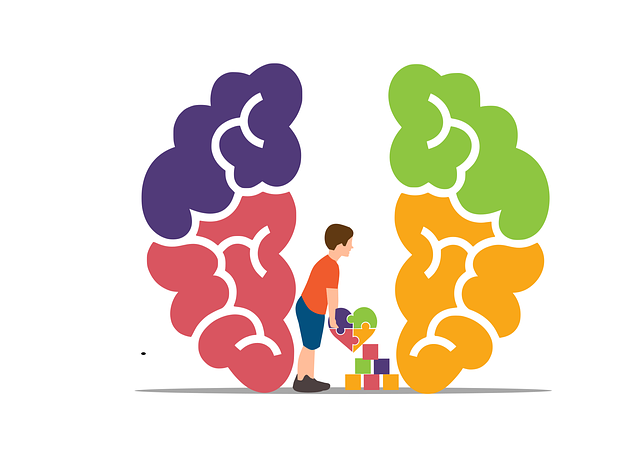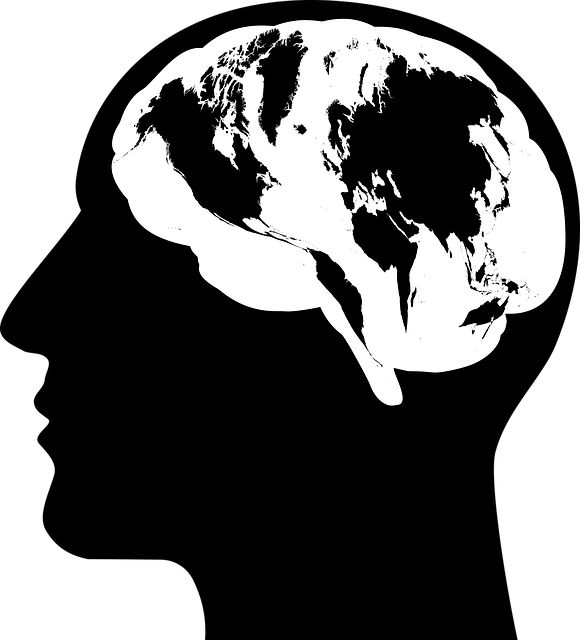Cultural sensitivity in mental healthcare, particularly therapy for couples communication issues, is key to addressing barriers like language and value differences. Therapists must adapt their methods, integrate robust risk assessment, and cultivate empathy to create safe, culturally competent environments. By focusing on tailored evaluations and conflict resolution techniques aligned with diverse backgrounds, they foster open communication and positive outcomes for couples seeking help with communication problems.
Mental healthcare practices must embrace cultural sensitivity to provide effective treatment, especially in diverse couples’ therapy settings. This article explores the intricate dynamics of cross-cultural interactions and their impact on mental health. We delve into understanding cultural sensitivity, addressing challenges in communication between therapists and culturally diverse couples, and offering practical strategies for a competent therapeutic approach. By examining these aspects, we aim to enhance care, improve outcomes, and foster healthier relationships.
- Understanding Cultural Sensitivity in Mental Healthcare
- Challenges in Cross-Cultural Therapy for Couples Communication Issues
- Strategies for Culturally Competent Practice in Couples Therapy
Understanding Cultural Sensitivity in Mental Healthcare

Cultural sensitivity is a cornerstone in mental healthcare practice, ensuring that therapeutic services are accessible and effective for individuals from diverse backgrounds. It involves recognizing and respecting cultural differences, traditions, and beliefs, and incorporating this understanding into treatment approaches. This is particularly crucial when addressing issues like communication barriers, where cultural nuances can significantly impact the way people express emotions and seek help. For instance, in couples therapy, cultural sensitivity is essential to understand how cultural dynamics affect relationships.
A therapist with a culturally sensitive approach adapts their methods to enhance comfort and open communication. This might include learning about specific cultural practices, values, and challenges unique to each client. By doing so, therapists can offer tailored support for boosting self-esteem, improving confidence, and addressing underlying issues that may be influenced by cultural contexts. Moreover, increasing public awareness through campaigns focused on these topics can contribute to breaking down barriers and fostering an environment where everyone has access to quality mental health care, regardless of their cultural background.
Challenges in Cross-Cultural Therapy for Couples Communication Issues

Navigating Therapy for Couples Communication Issues across diverse cultural landscapes presents unique challenges. With variations in language, values, and non-verbal cues, mental health professionals must adapt their approaches to bridge these gaps effectively. Misunderstandings and miscommunications can easily arise, hindering progress and potentially damaging the therapeutic relationship. The dynamic nature of cross-cultural interactions requires professionals to be agile and culturally sensitive.
Integrating robust risk assessment and management strategies is vital for addressing these challenges. Mental wellness specialists should incorporate thorough risk evaluations tailored to the cultural context, focusing on both individual clients and their interrelationships. A well-planned risk management strategy enables professionals to anticipate potential issues, such as language barriers or differing expectations about therapy, and implement timely interventions. This proactive approach ensures safe and culturally competent practices, fostering an environment conducive to open communication and positive outcomes for couples seeking therapy for communication issues.
Strategies for Culturally Competent Practice in Couples Therapy

In couples therapy, fostering cultural sensitivity is key to creating a safe and effective environment for diverse pairs. Therapists must be equipped with strategies to navigate the intricate dynamics of interpersonal relationships, especially when dealing with communication issues rooted in cultural differences. One powerful approach involves cultivating compassion and empathy, enabling therapists to understand each partner’s perspective and experiences. This process involves actively listening, asking open-ended questions, and validating emotions without judgment. By creating a non-threatening space, partners feel encouraged to express their views openly, fostering honest dialogue.
Additionally, incorporating conflict resolution techniques tailored to cultural contexts is essential. These methods should respect the couple’s unique backgrounds, ensuring that solutions are mutually agreeable and culturally appropriate. For instance, certain cultures may prioritize direct communication, while others favor indirect approaches. Therapists skilled in cultural competency adapt their strategies accordingly, facilitating healthy dispute resolution processes. The ultimate goal is to enhance the couple’s ability to navigate challenges together, strengthening their bond through effective and sensitive counseling practices.
In navigating the complex landscape of mental healthcare, cultural sensitivity is no longer a consideration—it’s an imperative. As therapists engaging in therapy for couples communication issues, embracing culturally competent practices ensures inclusive and effective care. By understanding the nuances of diverse cultural backgrounds and implementing strategies that bridge these gaps, we can foster healthier relationships and more positive outcomes. In addressing cross-cultural challenges head-on, we not only enhance our therapeutic skills but also contribute to a more equitable and accessible mental healthcare system.









